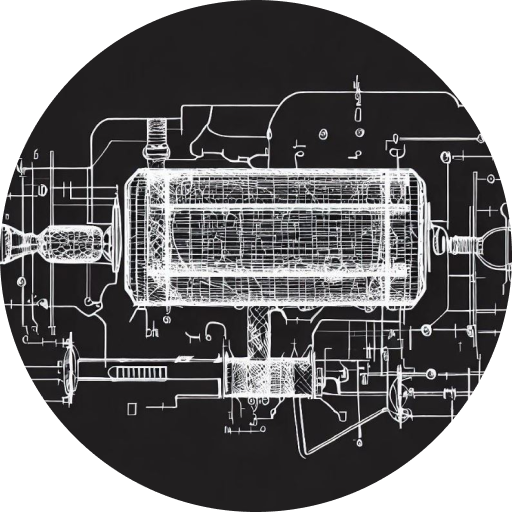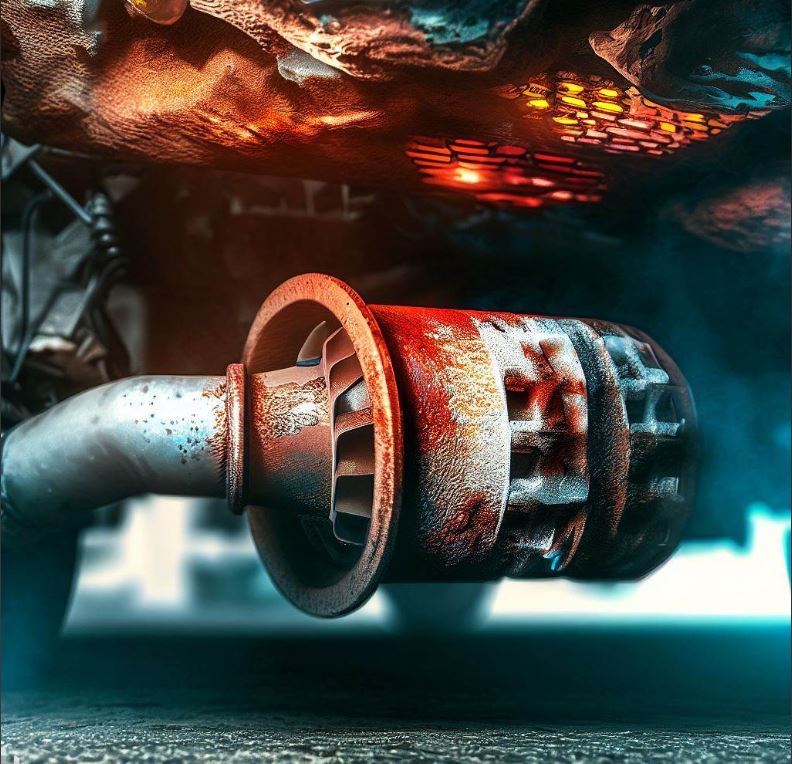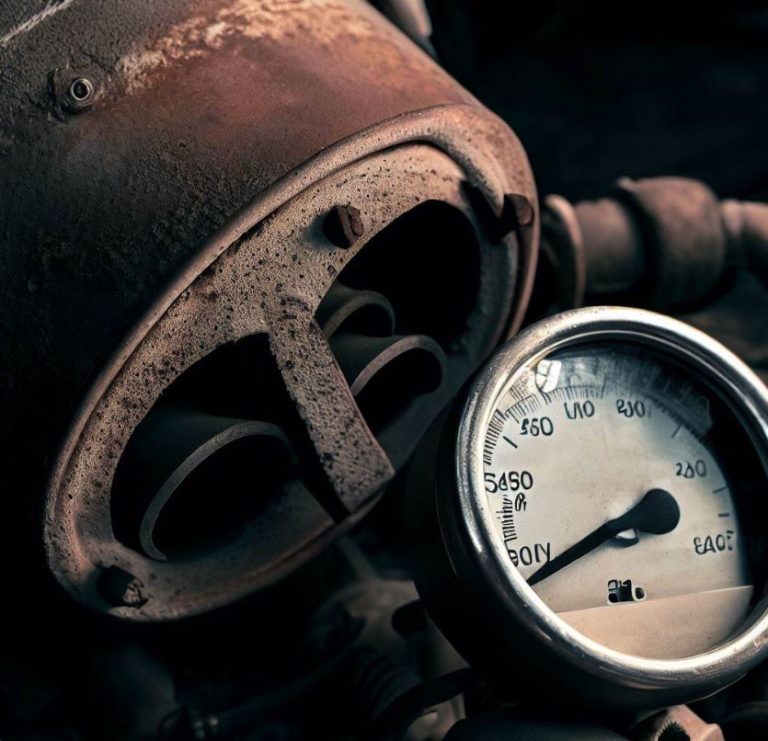What Happens When Your Catalytic Converter Goes Bad: The Impact on Your Vehicle
When your catalytic converter goes bad, it can have a significant impact on your vehicle’s performance and emissions. The catalytic converter is an essential component of the exhaust system, responsible for reducing harmful emissions before they are released into the environment. In this article, we will explore what happens when your catalytic converter fails and the effects it can have on your vehicle.
Understanding Catalytic Converter Failure
Catalytic converter failure can occur due to various reasons, including physical damage, contamination, or normal wear and tear over time. When the converter fails, its ability to perform the catalytic process efficiently diminishes, leading to several noticeable effects on your vehicle’s performance and emissions.
Decreased Engine Performance
One of the primary impacts of a failed catalytic converter is a decrease in engine performance. The converter plays a crucial role in maintaining proper exhaust flow and backpressure. When it fails, the exhaust flow may become restricted, resulting in reduced engine power, decreased acceleration, and overall poor performance. You may experience sluggishness, difficulty starting the engine, or a significant drop in fuel efficiency.
Increase in Harmful Emissions
A failing catalytic converter is unable to effectively convert harmful gases into less harmful substances. As a result, the emissions produced by your vehicle may exceed acceptable levels. This can lead to environmental pollution and may cause your vehicle to fail emissions tests. If you notice an increase in exhaust odor or see black smoke coming from the tailpipe, it could be an indication of a failing catalytic converter.
Check Engine Light and Diagnostic Codes
When a catalytic converter fails, it often triggers the vehicle’s onboard diagnostic system, causing the check engine light to illuminate. Modern vehicles are equipped with sensors that monitor the converter’s efficiency. If the readings indicate that the converter is not functioning properly, diagnostic trouble codes (DTCs) will be stored in the vehicle’s computer system. It is recommended to have the codes read by a qualified mechanic to identify the specific issue with the converter.
Legal and Environmental Consequences
Operating a vehicle with a faulty catalytic converter may have legal and environmental consequences. In many regions, vehicles are required to meet specific emissions standards, and a malfunctioning converter can lead to violations. Additionally, excessive emissions contribute to air pollution and environmental degradation, affecting the overall air quality and ecosystem.
Conclusion
Understanding the impact of a bad catalytic converter on your vehicle is crucial for maintaining its performance and ensuring environmental compliance. If you suspect that your catalytic converter is failing, it is recommended to have it inspected and replaced if necessary. For further information on catalytic converters, we recommend reading the articles “What Happens When Your Catalytic Converter Goes Bad: The Impact on Your Vehicle” and “Driving Without a Catalytic Converter: How Long Can You Go?” for additional insights.
- Upgrade Your Honda Accord with the Best Catalytic Converter for Enhanced Performance - October 30, 2023
- Boost Your Chrysler 300’s Performance with a High-Quality Catalytic Converter - October 30, 2023
- Enhance Your Jeep Liberty Performance with a Catalytic Converter - October 30, 2023









